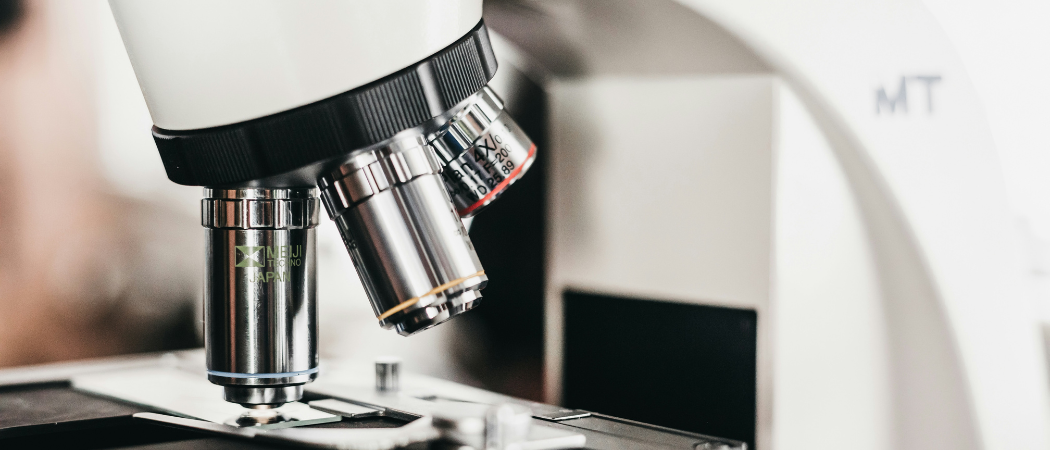Draft plans give details on new actions for Widening participation in Horizon Europe, including a pilot research management facility

Photo credits: Logan Gutierrez / Unsplash
Further details have emerged about measures intended to boost the research and innovation performance of lagging member states in the final years of Horizon Europe. These tools will be deployed in parallel with a review of the Widening programme, currently being carried out by the European Commission.
The details are set out in a draft version of the 2026-27 Horizon Europe work programme, seen by Science|Business, which fleshes out initiatives flagged up in previous leaked plans.
A Teaming Synergies call, with funding for four years, aims to develop thematic clusters and common strategies among Teaming Centres of Excellence, which pair institutions in better and worse research and innovation performing nations.
“To fully capitalise on this investment and enhance the sustainability and international competitiveness of these Centres of Excellence, it is essential to facilitate stronger collaboration and strategic joint initiatives among them,” the document reads.
The draft plans indicate that this goal will be delivered by a single project, to be funded following a call in 2026.
The Commission also intends to establish a pilot for a research management and administrative support facility, which will provide training modules and consulting services to institutions in the Widening countries.
This will help them both assess their research management needs and develop plans to improve institutional capacity, the document says. Once again, one project should receive funding next year.
The European Research Area (ERA) fellowships and the hop-on facility, which allows researchers in Widening countries to join projects that are already underway, will continue in 2026, despite plans for both to be phased out. Under these calls, the Commission will support 50 and 60 projects respectively.
Meanwhile, 90 projects will be backed under the European Innovation Council pre-accelerator call in 2027, which will be introduced this year to help early-stage deep-tech start-ups from Widening nations attract investments.
Other instruments, such as Twinning, ERA Chairs and Excellence Hubs, will continue in the final years of Horizon Europe.
As indicated in a previous overview of the work programme, ERA Chairs will include a second topic in 2027 on the recruitment of an ERA research manager at the host institution, whose team “should be structured for continuity beyond Horizon Europe funding,” the draft plans explain.
We think it is important to maintain a public record of how Horizon Europe evolves in successive rounds of drafting between the Commission and member states. This is a political process that, so far, the Commission refuses to make transparent. To this end, Science|Business is making a full history of the drafting process publicly available in our Horizon Papers database. You can share other draft work programmes anonymously at [email protected].





 A unique international forum for public research organisations and companies to connect their external engagement with strategic interests around their R&D system.
A unique international forum for public research organisations and companies to connect their external engagement with strategic interests around their R&D system.